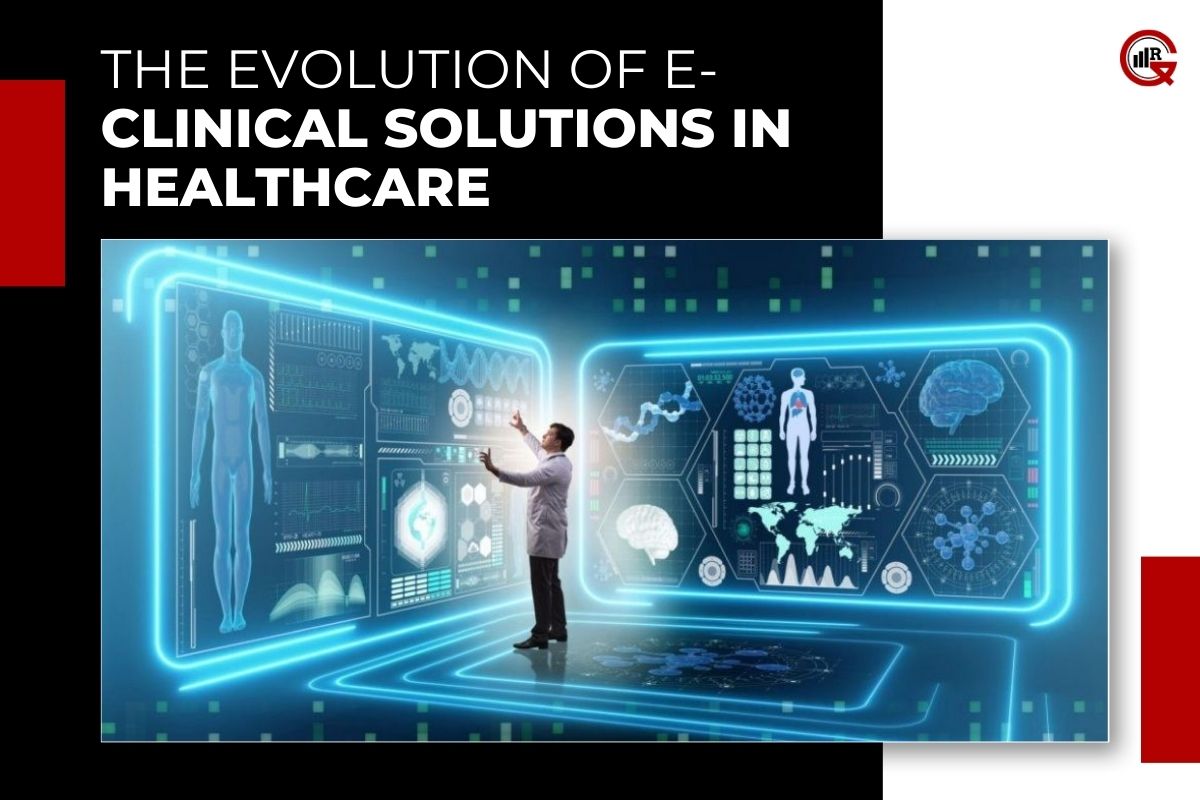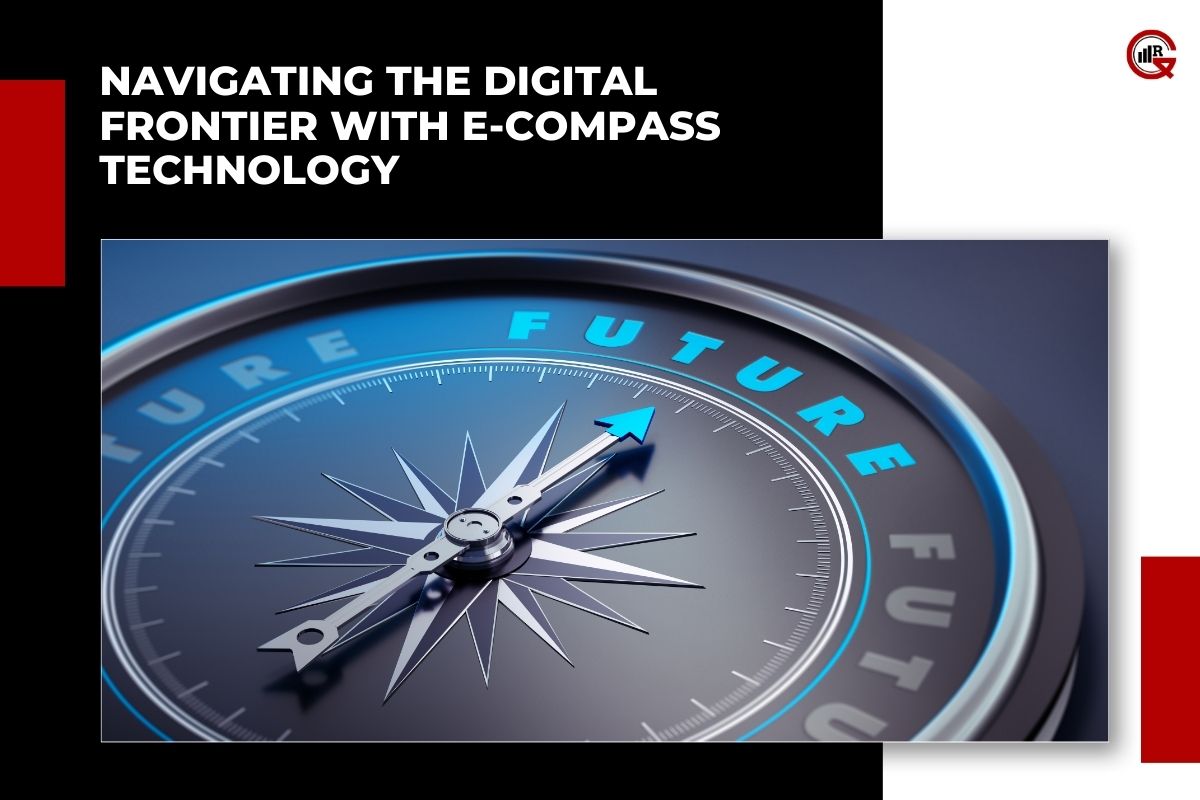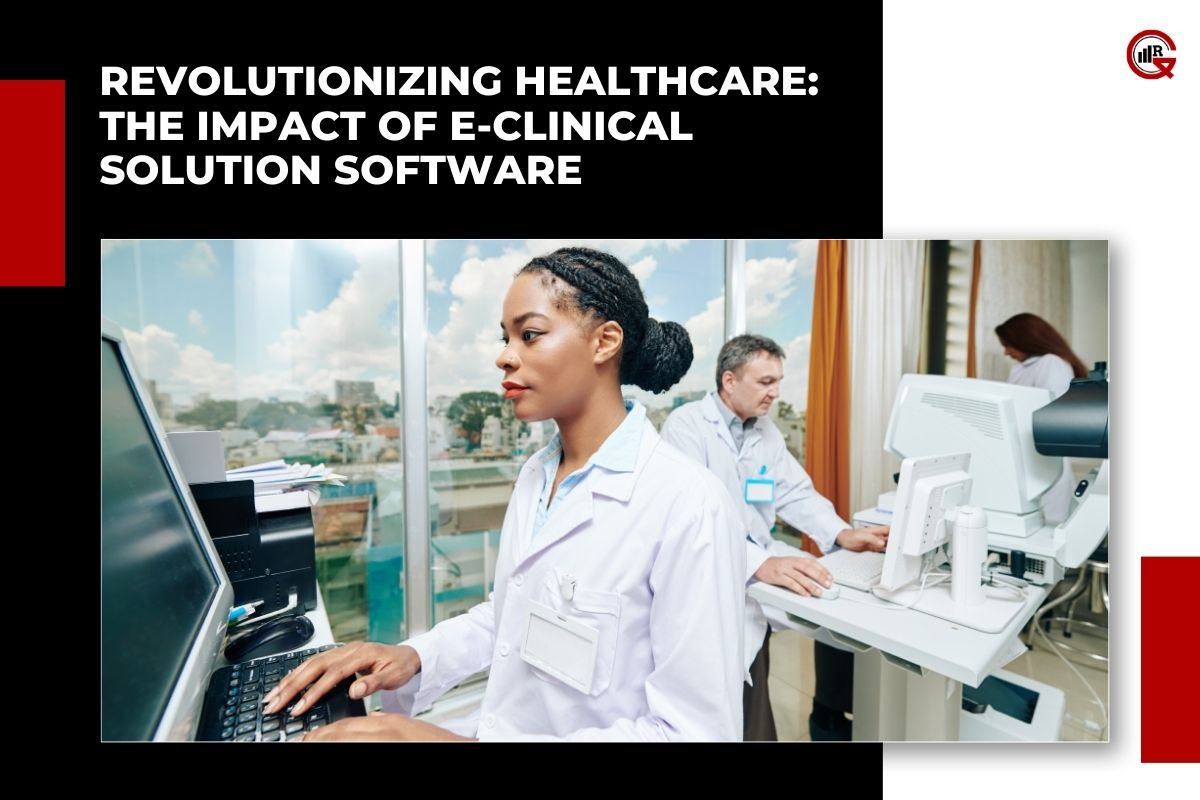(Source – Linkdn )
In the fast-paced world of healthcare, where data is king and efficiency is paramount, E-Clinical solutions have emerged as indispensable tools for streamlining clinical trial processes, optimizing patient care, and driving innovation. From electronic data capture (EDC) and clinical trial management systems (CTMS) to electronic health records (EHR) and telemedicine platforms, clinical solutions encompass a wide range of technologies designed to enhance the efficiency, accuracy, and accessibility of healthcare data and services. In this article, we explore the evolution of clinical solutions, their applications across the healthcare continuum, and the transformative impact they have on patient outcomes and research advancements.
Evolution of E-Clinical Solutions
The evolution of E-clinical solutions can be traced back to the early days of digital transformation in healthcare, marked by the transition from paper-based records to electronic systems. As technology advanced and regulatory requirements evolved, clinical solutions expanded to encompass a comprehensive suite of tools and platforms designed to support clinical research, healthcare delivery, and patient engagement:
Electronic Data Capture (EDC): EDC systems revolutionized clinical trial data collection by replacing paper-based case report forms (CRFs) with electronic forms that could be completed, submitted, and monitored in real time. EDC systems not only improve data accuracy and completeness but also accelerate the data collection process, enabling faster analysis and decision-making.
Clinical Trial Management Systems (CTMS): CTMS platforms provide centralized management of clinical trial operations, including study planning, budgeting, participant recruitment, and monitoring. By automating administrative tasks and providing real-time visibility into study progress, CTMS systems help sponsors and research organizations optimize trial timelines, resource allocation, and compliance with regulatory requirements.
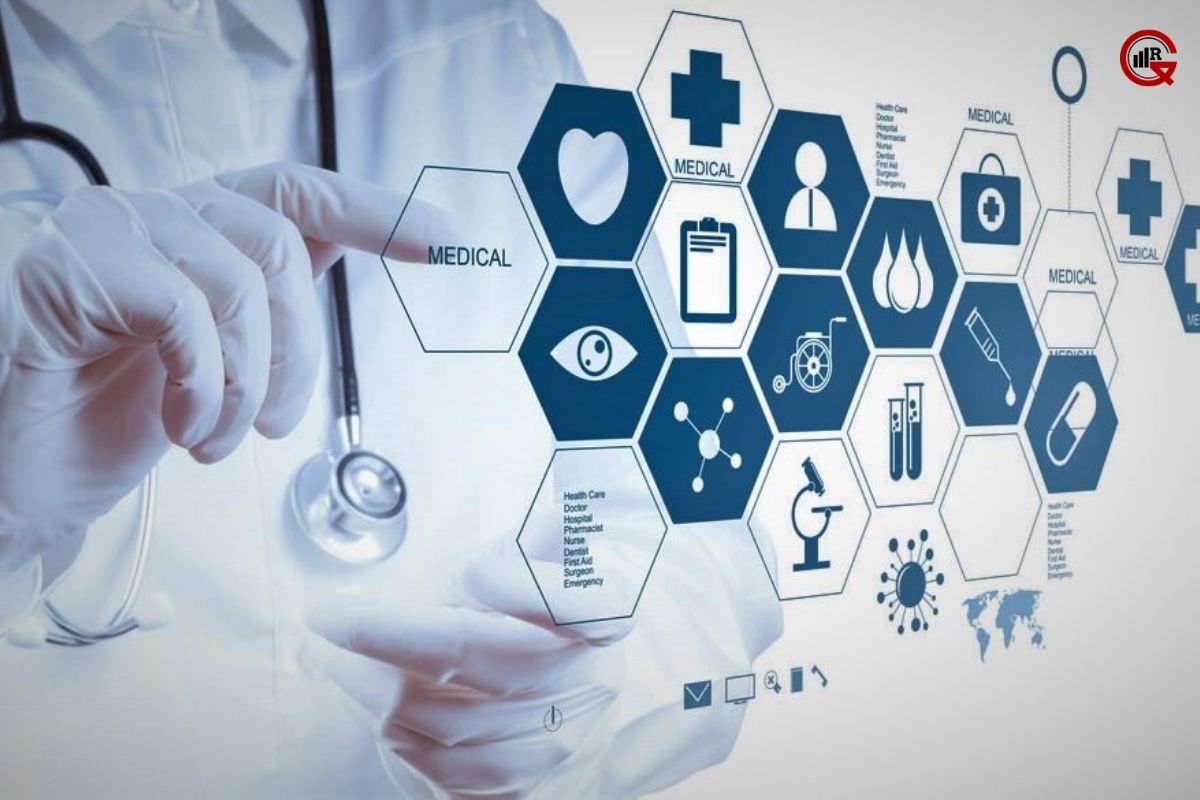
Electronic Health Records (EHR): EHR systems digitize patient health information, including medical history, diagnoses, medications, and laboratory results, enabling healthcare providers to access and share patient data securely. EHR systems improve care coordination, facilitate evidence-based decision-making, and enhance patient safety by providing a comprehensive view of the patient’s health status across care settings.
Telemedicine Platforms: Telemedicine platforms leverage technology to facilitate remote consultations, diagnosis, and treatment, enabling patients to access healthcare services from the comfort of their homes. Telemedicine platforms improve access to care, particularly in rural or underserved areas, and reduce barriers to healthcare delivery such as travel time and cost.
Applications of E-Clinical Solutions
Clinical Research and Development: Clinical solutions play a critical role in accelerating the drug development process, from study design and participant recruitment to data collection and analysis. By streamlining trial operations, improving data quality, and enhancing collaboration among stakeholders, E-clinical solutions enable sponsors and research organizations to bring new treatments to market faster and more cost-effectively.

Patient-Centric Care: Clinical solutions empower patients to actively participate in their healthcare journey by providing access to their health information, facilitating communication with healthcare providers, and enabling self-management of chronic conditions. Patient portals, mobile health apps, and remote monitoring devices empower patients to take control of their health and engage in shared decision-making with their care teams.
Population Health Management: E-clinical solutions support population health management initiatives by aggregating and analyzing data from disparate sources to identify trends, patterns, and risk factors within patient populations. By leveraging predictive analytics, care coordination tools, and population health dashboards, healthcare organizations can proactively intervene to improve outcomes, reduce costs, and enhance the health of their communities.
Benefits of Clinical Solutions
Improved Efficiency and Productivity: Clinical solutions automate manual processes, reduce paperwork, and streamline workflows, enabling healthcare providers and researchers to focus their time and resources on delivering high-quality care and conducting meaningful research.
Enhanced Data Quality and Accuracy: By digitizing data collection and storage, E-clinical solutions minimize the risk of errors, transcription mistakes, and missing information commonly associated with paper-based records. Real-time data validation checks and electronic signatures further ensure data integrity and compliance with regulatory requirements.
Enhanced Collaboration and Communication: Clinical solutions facilitate seamless communication and collaboration among healthcare providers, researchers, patients, and other stakeholders. Shared access to patient data, secure messaging platforms, and virtual collaboration tools enable interdisciplinary care teams to coordinate care effectively and exchange information in real time.
Greater Access to Care: Telemedicine platforms and patient portals expand access to healthcare services, particularly for individuals in remote or underserved areas with limited access to traditional healthcare facilities. By leveraging technology to overcome geographical barriers, clinical solutions improve patient access to timely, affordable, and high-quality care.
Challenges and Considerations
Data Security and Privacy: E-clinical solutions raise concerns about the security and privacy of patient health information, particularly in light of increasingly sophisticated cyber threats and regulatory requirements such as the Health Insurance Portability and Accountability Act (HIPAA). Robust security measures, encryption protocols, and compliance frameworks are essential to safeguard patient data and maintain trust in clinical solutions.
Interoperability and Data Integration: The interoperability of eClinical systems remains a significant challenge, with disparate platforms often unable to communicate and share data seamlessly. Standardization efforts, interoperability frameworks, and health information exchange (HIE) initiatives aim to address these challenges by facilitating data exchange and interoperability among different systems and stakeholders.
Digital Divide and Access Disparities: While E-clinical solutions hold promise for improving healthcare access and outcomes, disparities in digital literacy, internet connectivity, and access to technology persist, particularly among underserved populations. Bridging the digital divide and ensuring equitable access to clinical solutions require targeted interventions, community partnerships, and policy initiatives aimed at addressing socioeconomic barriers to technology adoption.
Future Directions and Innovations
Artificial Intelligence and Machine Learning: Artificial intelligence (AI) and machine learning (ML) hold the potential to revolutionize clinical solutions by automating data analysis, predicting patient outcomes, and personalizing treatment strategies. AI-powered algorithms can analyze large volumes of healthcare data to identify patterns, trends, and insights that inform clinical decision-making and drive innovation in healthcare delivery and research.
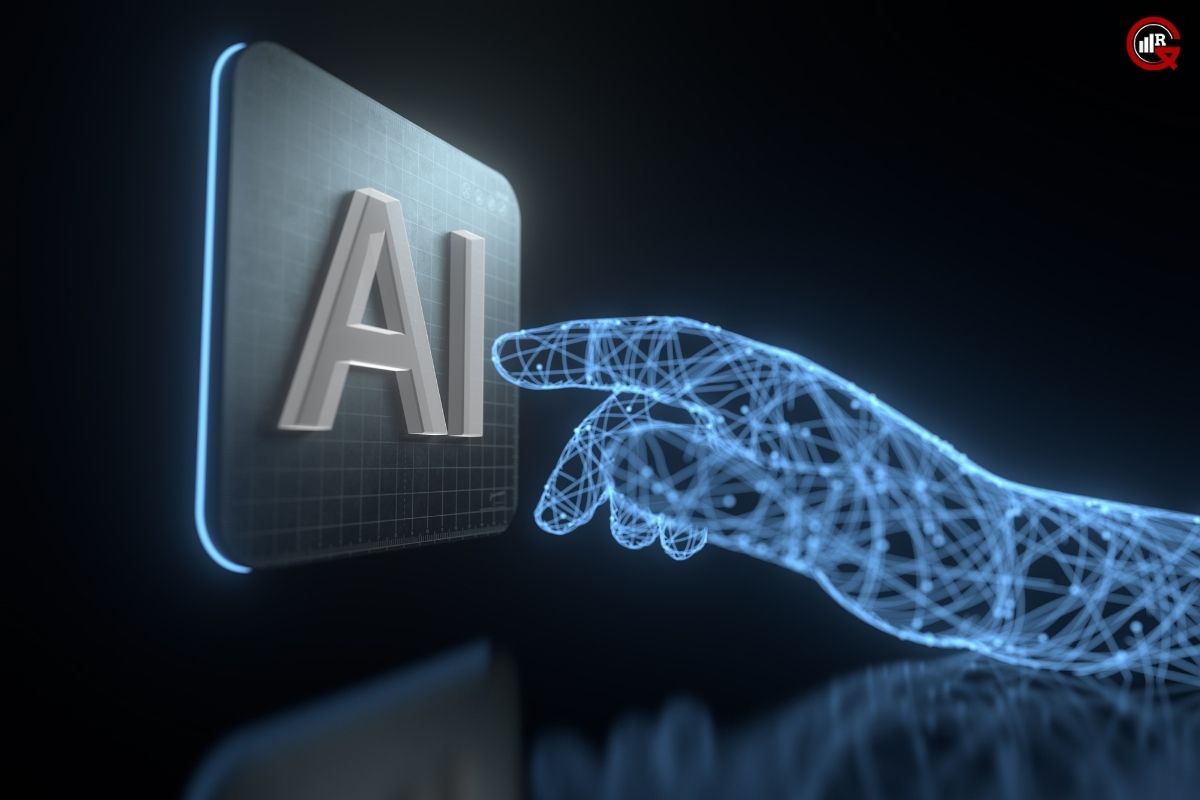
Blockchain Technology: Blockchain technology offers a decentralized, secure, and immutable platform for storing and sharing healthcare data, enhancing data security, privacy, and interoperability. By leveraging blockchain-based solutions, clinical systems can ensure the integrity, traceability, and transparency of health information while empowering patients to control access to their data and participate in data-sharing networks.
Conclusion
In conclusion, E-clinical solutions represent a transformative force in healthcare, empowering stakeholders to deliver high-quality care, conduct cutting-edge research, and improve patient outcomes. From clinical trial management and patient engagement to population health management and telemedicine, E-clinical solutions offer a myriad of benefits that drive efficiency, innovation, and collaboration across the healthcare continuum. Despite challenges such as data security, interoperability, and access disparities, ongoing advancements in technology, policy, and practice continue to propel the evolution of clinical solutions, shaping the future of healthcare delivery and research in an increasingly digital world.

